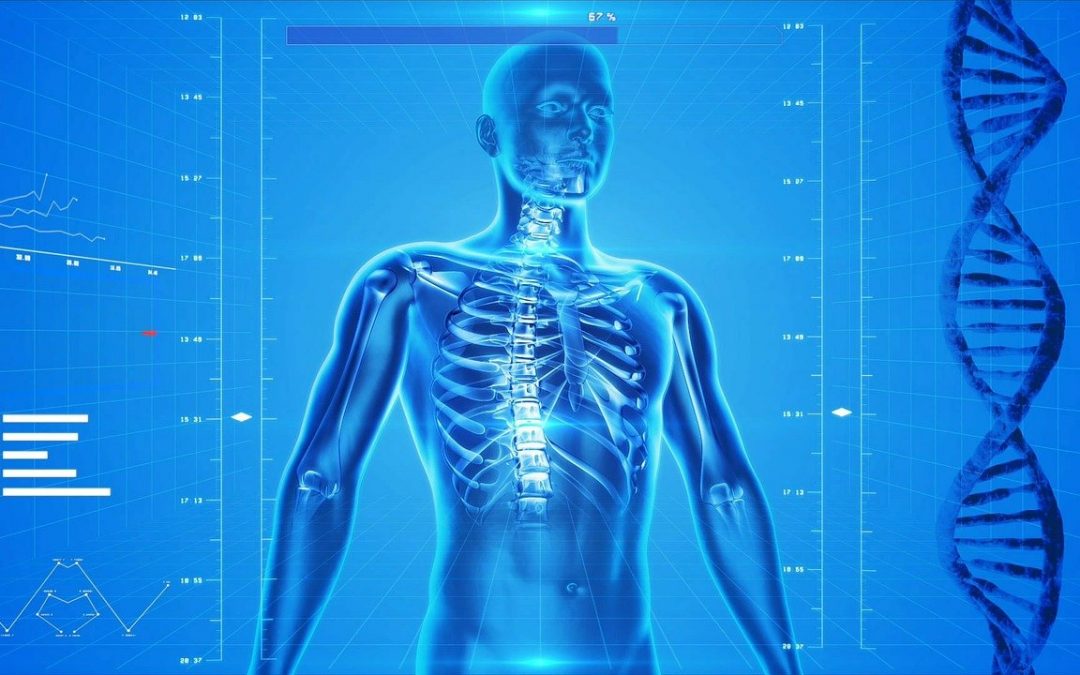The human body system is made up of various parts, working together to serve a common purpose in the body such as growth, reproduction, survival, and more. The various body systems work in unison to improve the chances of living a healthy life. Failure to take care of the body will result in different health problems which may lead to death. The health problem(s) caused by the damage of one body system cannot be mitigated by other systems because they do not have overlapping functions. Knowledge of the human body is very important to enable you to improve and take care of all parts and systems of the body.
The Human Body Systems and Their Functions
- Respiratory System
The nose, mouth, throat, and lungs are parts of the respiratory system. The function of the respiratory system is to deliver air to the lungs. The respiratory system does this through breathing. When we breathe, we inhale oxygen and exhale carbon dioxide. The process of breathing allows gases to be exchanged between the blood and lungs.
- Musculoskeletal system
The function of the musculoskeletal system is to provide stability and support to the body. It allows the body to move. It also creates a structure that protects soft tissue organs such as the brain, the heart, and the lungs. The skeletal system is the storage site for fat and minerals, and some components produce blood cells.
- Immune system
The immune system is made up of special organs, cells, and chemicals that fight infection. The main parts of the immune system are white blood cells, antibodies, the complement system, the lymphatic system, the spleen, the thymus, and the bone marrow. These are the parts of the immune system that actively fight infection. The primary function of the immune system is to protect the body from viruses and bacteria. The immune system defends the body from infections and diseases. For example, if bacteria get into your body through your mouth, the immune system would send white blood cells to kill the invading germs.
- Nervous System
The nervous system is made up of the brain, spinal cord, and nerves. It controls various activities of the body such as smelling, tasting, hearing, touching, and other activities. It also helps to send signals to the body.
- Reproductive System
The reproductive system allows humans to reproduce and bear children. The male reproductive system includes the penis and the testes (which produce sperm). The female reproductive system includes the vagina, the uterus, and the ovaries (which produce eggs).
- The Digestive System
The digestive system consists of the parts of the body that work together to process food particles and liquids into the building blocks and fuel that the body needs. It is the means by which tissues and organs receive nutrients to function.
- Cardiovascular system
The heart and blood vessels make up this system. The heart and blood vessels have the job of delivering oxygen and nutrients to the rest of the body and collecting waste products for removal from the body by other systems.
- The Integumentary System
The integumentary system consists of the skin, hair, nails, glands, and nerves. Its main function is to act as a barrier to protect the body from infection and radiation damage. It also functions to retain body fluids, protect against disease, eliminate waste products, and regulate body temperature.
- Excretory system
The excretory system functions to remove waste from the human body. This system consists of specialized structures and capillary networks that assist in the excretory process. The human excretory system includes the kidneys and their functional unit, the nephron. The excretory activity of the kidneys is modulated by specialized hormones that regulate the amount of absorption within the nephron.
- Endocrine system
The endocrine system is composed of several small organs distributed throughout the body. The endocrine system coordinates the metabolic activity of body cells by interacting with the nervous system. Endocrine glands produce hormones chemical messengers released into the blood and transported to target sites around the body.
For your body systems to remain healthy, you need to take proper care of these body systems. This is because, if your health fails, it will affect every aspect of your life. The stress that comes from an unhealthy life is significant. Health problems can make daily tasks more challenging, create financial stress, and even jeopardize your ability to earn a living. So, living a healthy life and taking care of your body systems will help a great deal in living a successful life.
Here are some tips on how to improve your health to take care of your body systems.
- Eat healthily.
A balanced eating habit important for healthy living. Balanced nutrition has many benefits. It prevents you from treating some health conditions. These include heart disease, stroke, and diabetes. A healthy diet can help you lose weight and lower your cholesterol, as well.
- Exercise Regularly.
Exercising regularly reduces the risk of developing some health problems like heart diseases, stroke, cancer, and other health problems. It also helps to boost the immune system and help you to live a happy and better life.
- Protect your skin from the sun.
When the skin is exposed to the sun for a long time, it can cause skin cancer. It is best to limit time spent under the sun. Always wear clothes that protect the skin when you are outside. Use sunscreen on the face and hand when under the sun. Use a broad-spectrum sunscreen that protects against both UVA and UVB radiation.
- Practice safe sex.
Safe sex is any sexual contact you have while protecting yourself and your partner from sexually transmitted infections (STIs). Safe sex is good for your emotional and physical health. Always use protection to prevent sexually transmitted diseases (STDs)
- Cut down alcohol.
Cutting down on alcohol has great benefits to the body.
It reduces the blood sugar level, reduces weight, and other negative problems that one can develop from consuming too much alcohol. Moderate intake of alcohol will help the body in the future and it will also help to extend the life span.
- Quit smoking.
Smoking cigarettes, tobacco, and other hazardous substances are harmful to the body. They can cause heart disease and mouth, throat, or lung cancer. It is better to quit smoking to live a healthy life.
In conclusion, it is important to know your body system to enable you to take care of the body. Living a healthy life pays. Health is wealth and the only way you can excel in your career, finance, business, and social life is when you take care of your body and improve your health. Eat fruits and vegetables, exercise regularly, visit the doctor regularly for a medical checkup and engage in mental and emotional care. If you have a peculiar health challenge(s), you should know what it is and also know how to take care of the body. Avoid anything that will trigger or cause more harm to your body. When you do all these, you will be happy and live a better and healthy life.

